In low and middle income countries there is a paucity of care and programs for children with neurodevelopmental disabilities such as Autism. In Kenya I will be spending six weeks working with families of children with Autism. Part of my time I will be developing and delivering to families a culturally appropriate toilet training program. We will work directly with families to determine challenges and barriers to toilet training. I along with therapists will perform in-home visits to identify strengths and challenges for toilet training within the home, schools, and other environments. We will then train therapists/clinicians and deliver the program to families of children with Autism. In addition to the development and implementation of this program we will also be conducting developmental screenings, referrals and follow up appointments for children with suspected or confirmed neurodevelopmental disabilities. During my time we will also be training community and local providers on how to medically care for a patient with neurodevelopmental disabilities.
This work is of the utmost importance. Globally, there is a growing awareness of Autism, yet unfortunately, in countries like Kenya, even when it is diagnosed, options for basic therapy and behavioral interventions are extremely limited. In addition, there are no toilet training approaches that are tailored for pit latrines which the majority of the world uses. Without toilet training abilities, many children with Autism are unable to go school, access healthcare, or be amongst their peers. Our families in Kenya have expressed their strong desire for their children to be toilet trained as the first steps to thriving in the community. Our work will hopefully bring the first accessible toilet training approach for those who live in the most underserved communities of the world.
The primary beneficiaries of our project will be the families and children with Autism that we work with. Broadly, our work will be disseminated free of charge and made widely available throughout Kenya and beyond to other low and middle income countries. I have chosen this population to work with to help diminish the barriers that exist for these children to live full, healthy and enjoyable lives as their neurotypical counterparts. The population of persons with Autism and other neurodevelopmental disabilities have long been ostracized, stigmatized and under-resourced particularly in low and middle income countries.
We have chosen to focus on toileting because without the ability to use bathroom facilities, families of children with Autism are limited in their ability to engage in their communities, go to school and access healthcare. Toilet training in children with Autism and other neurodevelopmental disabilities often centers on high income countries. None of these training approaches are designed for the toileting environments common in many low-resourced settings around the world, such as pit latrines. The lack of a culturally adapted toilet training program disproportionately impacts families and children living with Autism in the poorest regions of the world, severely limiting their quality of life and overall health and safety. Thus, this work is critically needed.
In addition to our patients, our colleagues will benefit as well. We will be training physicians, therapists, and psychologists in various techniques to care for children with Autism. Currently, our therapists and physicians see children with Autism in a primary care pediatric clinic and will be able to teach these skills to parents during their sessions and share the information that we create. In addition we will be working on plans to open the region’s first neurodevelopmental disabilities center which will serve countless families in Kenya and surrounding countries.
We expect that at minimum we will be able to help identify challenges and barriers to toilet training for children with Autism in low resource communities which will inform further programs and providers. The anticipated impact is that we will be able to help our families navigate challenging toileting behaviors and hopefully teach their children how to use bathroom facilities such as pit latrines. All of this is in an effort to reduce barriers to these children accessing education, healthcare, and socialization in their communities. This work has tremendous potential to be life-changing for families globally and a strong step towards inclusion of persons with Autism into their communities. For our colleagues we expect that we will increase their knowledge and skills for working with children with Autism. Including but not limited to medically caring for children with Autism, techniques to target challenging behaviors in this population, and resources to offer families/patients in Kenya.
When I return, this work will continue to be implemented by the physicians, clinicians, and psychologists that we train during my time there. This program will be incorporated into the pediatric primary care clinic and used for all children with Autism and eventually will be a part of the neurodevelopmental disabilities center. Additionally, the families who will be trained will have immense knowledge that will be passed from family to family. During my time in the country I will be also connecting with grassroots organizations to provide them with the information and trainings so that they can reach the most remote parts of Kenya. I will continue to work with this project upon my return to the US and will use the knowledge I have gained to inform my work with patients with Autism in my clinics. I will also be training residents in my program to implement this program. The knowledge I gain will help shape my career as an international developmental disabilities clinician.
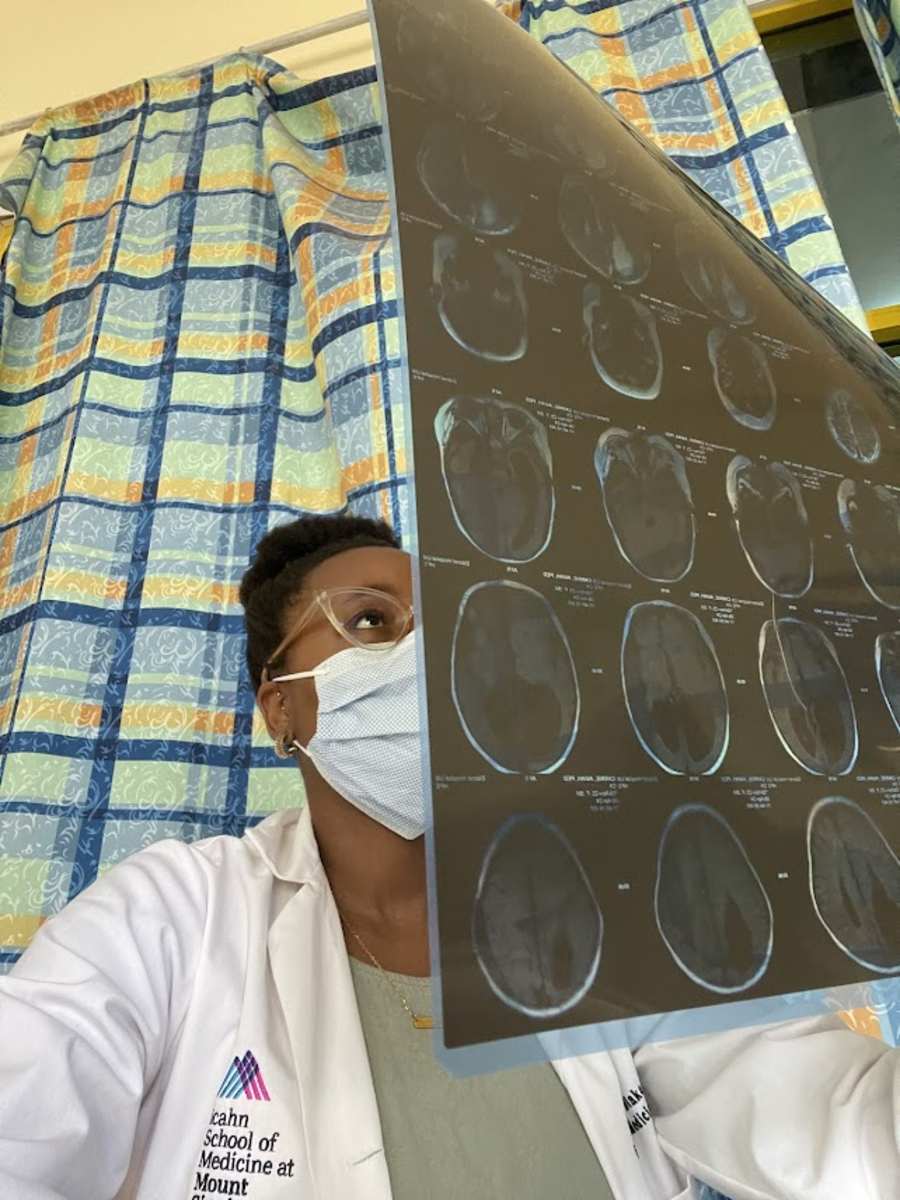
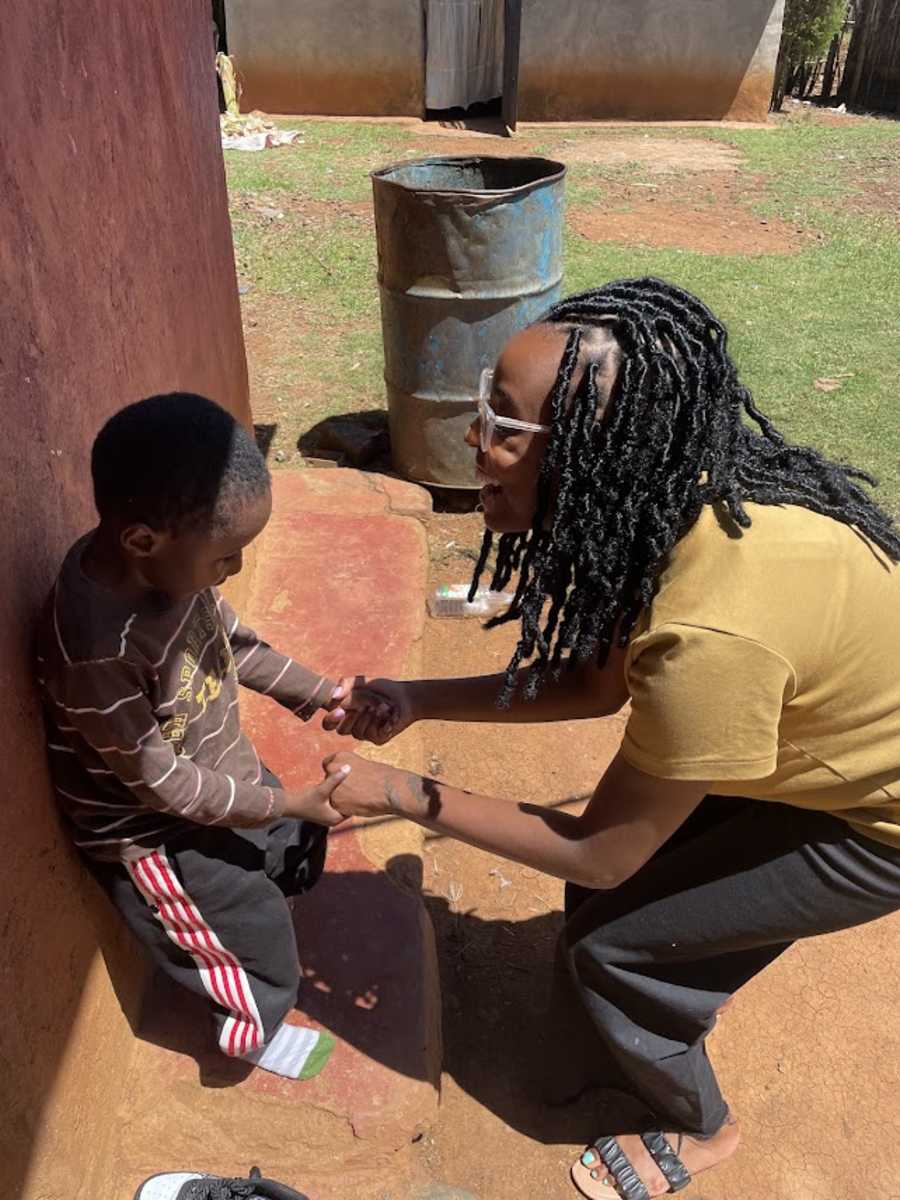
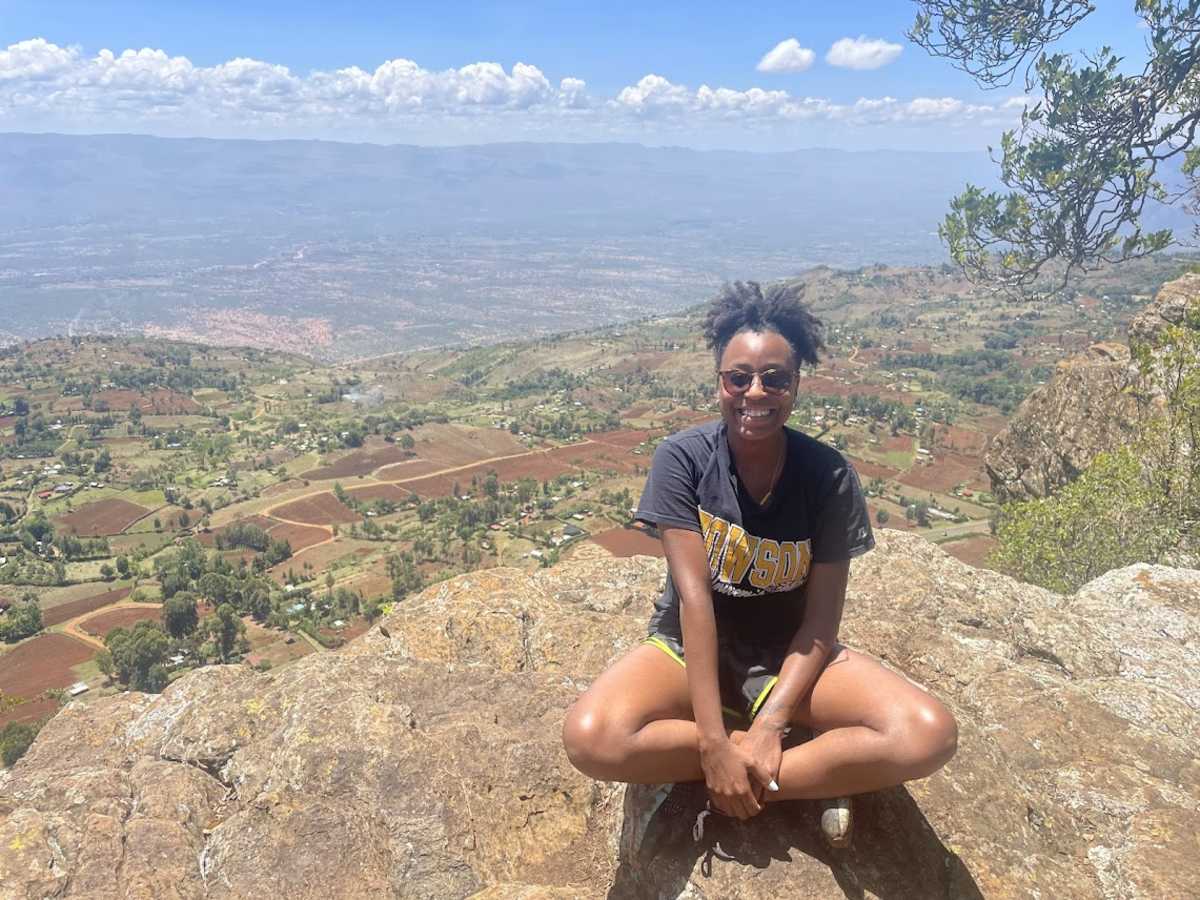
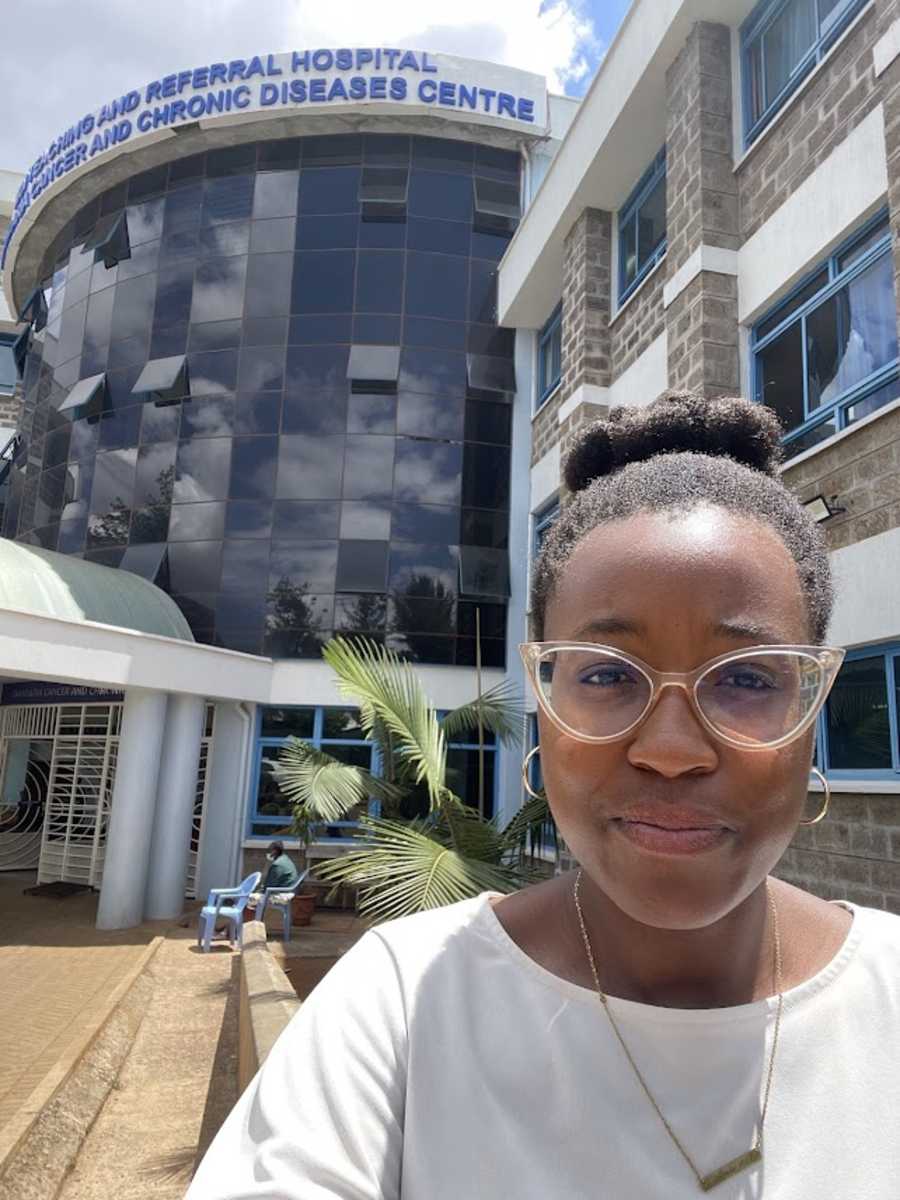
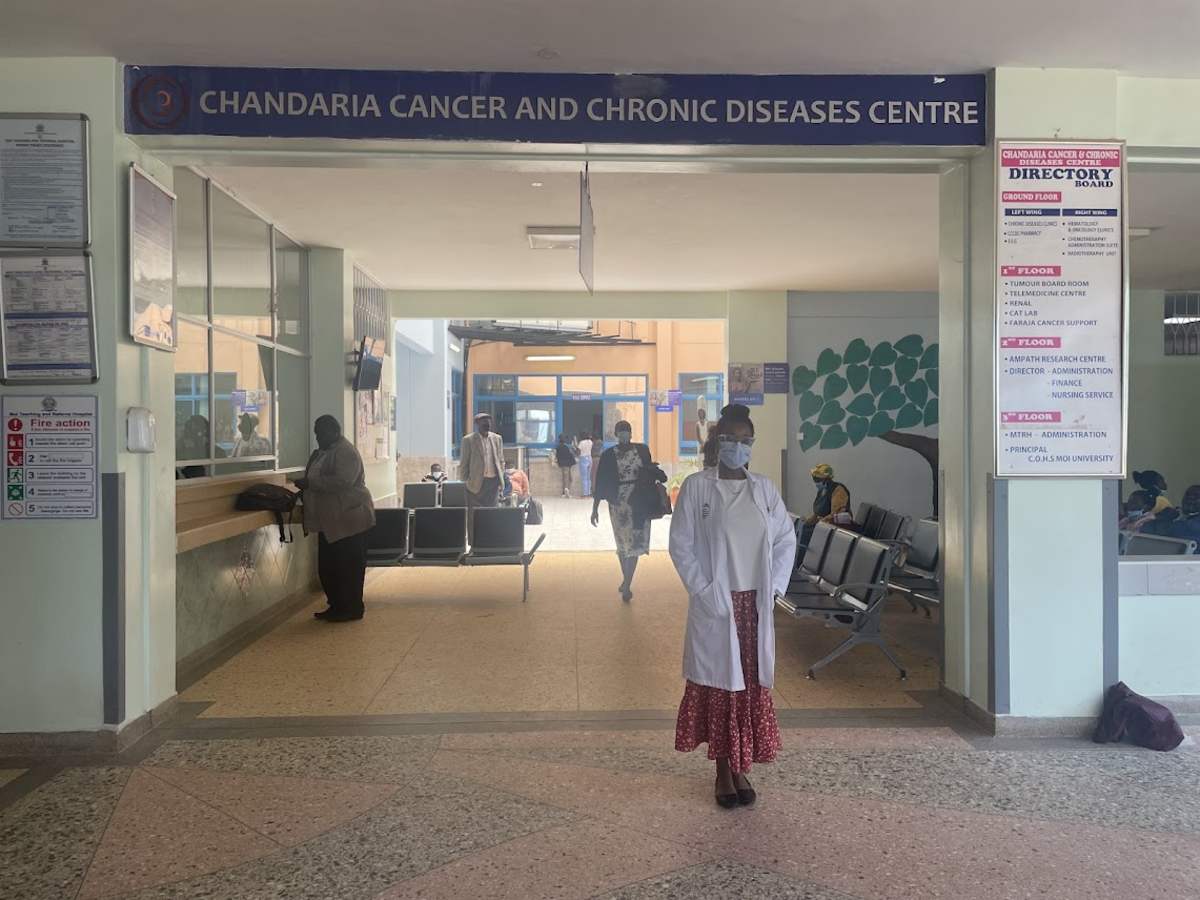





The primary people who were impacted by my trip were the families and children with Autism that we worked with along with the staff that we trained (special education teacher and child life specialist). We left an impact on them, but they left an impression on us as well! I learned so much from each family, child, and doctor who worked with me in my time in Kenya.